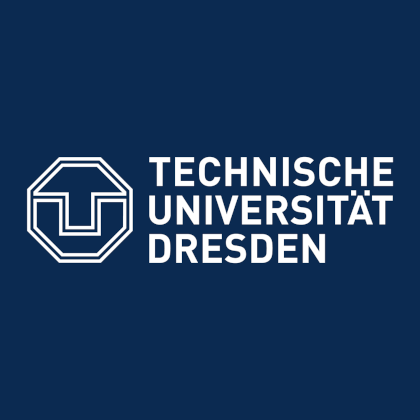Disruption, disorder, interruption: How disruptions drive change in our society.
As part of the EXU measure “Disruption and Societal Change”, TU Dresden is now supporting six interdisciplinary research projects that specifically deal with various forms of disruption, i.e. phenomena of disruption, and their effects on society. The projects are funded by the Federal Ministry of Education and Research (BMBF) and the Free State of Saxony as part of the excellence strategy of the federal and state governments.
What all projects have in common is the assumption that disturbances are a fundamental property of social reality. This is researched in the projects using case studies; at the same time, new concepts and methods of disruption research for a differentiated understanding of social change are being developed and tested.
The projects selected were convincing due to their interdisciplinary orientation. In all projects, humanities and social scientists from the TU Dresden work together with scientists from other fields of research at the TU Dresden to investigate specific forms of disturbance and social change. Dealing with disruption is also practical: the ways of thinking and working in the individual research disciplines are challenged in cooperation with other specialist areas, and new forms of cooperation must be found and developed.
The cross-departmental research cooperation focuses on digitization, which is linked to social change like no other topic and which three of the six project teams each look at with their own focus. In the project DiaDisK Researchers from German studies and psychology examine the disruptive effects of digitization in the universities, libraries and schools, which are central to the knowledge society, using the example of Dresden institutions such as the university school. The disruption of privacy by the internet of things Communication scientists, sociologists and computer scientists examine together in the project DIPCY. Under the title DESIGNATE Dark patterns, patterns of user interfaces on the Internet, are explored, which specifically try to influence the decision-making of users. Scientists work here from a legal, psychological and information security perspective.
But there are also disruptions beyond digitization that have the potential to stimulate social change. So meet in the project Transformative Place-Making for Uncertain Futures Research approaches from architecture, educational sciences and linguistics, literary and cultural studies in dealing with sustainable and socially fairer future designs on each other – especially with regard to the challenges of the environmental and climate crisis. In the team of Disrupt!Research Scientists from literary and cultural studies, design as well as social and economic sciences examine disruption as part of science communication. The project takes on the often formative and innovation-driving role of outsiders in social transformation The disruptiveness of others with a team from architecture, philosophy and psychology together with the Leibniz Institute for Ecological Spatial Development.
The research teams will meet for the first time on July 2, 2021 for the joint kick-off of the TU Disruption and Societal Change Center.
The TU Dresden has been one of the eleven universities of excellence in Germany since 2012. On July 19, 2019, she was able to successfully defend this title. It was successful in both funding lines of the Excellence Strategy. Since then, the Center for Tactile Internet (CeTI) and the research groups Complexity and Topology in Quantum Materials (ct.qmat) and Physics of Life (PoL) have been working as a cluster of excellence. In the Universities of Excellence funding line, the TU Dresden impressed with its “TUD 2028 – Synergy and Beyond” program.
Information for journalists:
Dr. Karoline Oehme-Youth
Tel.: +49 351 463-40629
[email protected]
https://tu-dresden.de/gsw/forschung/projekte/tudisc/
–
–

